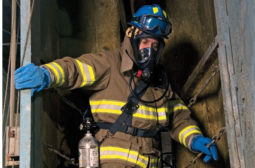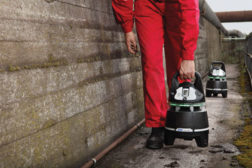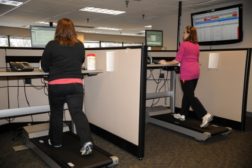Environmental Health and Safety
Many 60-year-old employees healthier than their 30-something counterparts
U.K. study shows stress, lifestyle choices can make a difference
December 18, 2013
Video
OSHA's Michaels and NIOSH'S Howard on worker safety, health
Speeches at National COSH gathering highlight current concerns
December 17, 2013
Become a Leader in Safety Culture
Build your knowledge with ISHN, covering key safety, health and industrial hygiene news, products, and trends.
JOIN TODAYCopyright ©2025. All Rights Reserved BNP Media.
Design, CMS, Hosting & Web Development :: ePublishing







